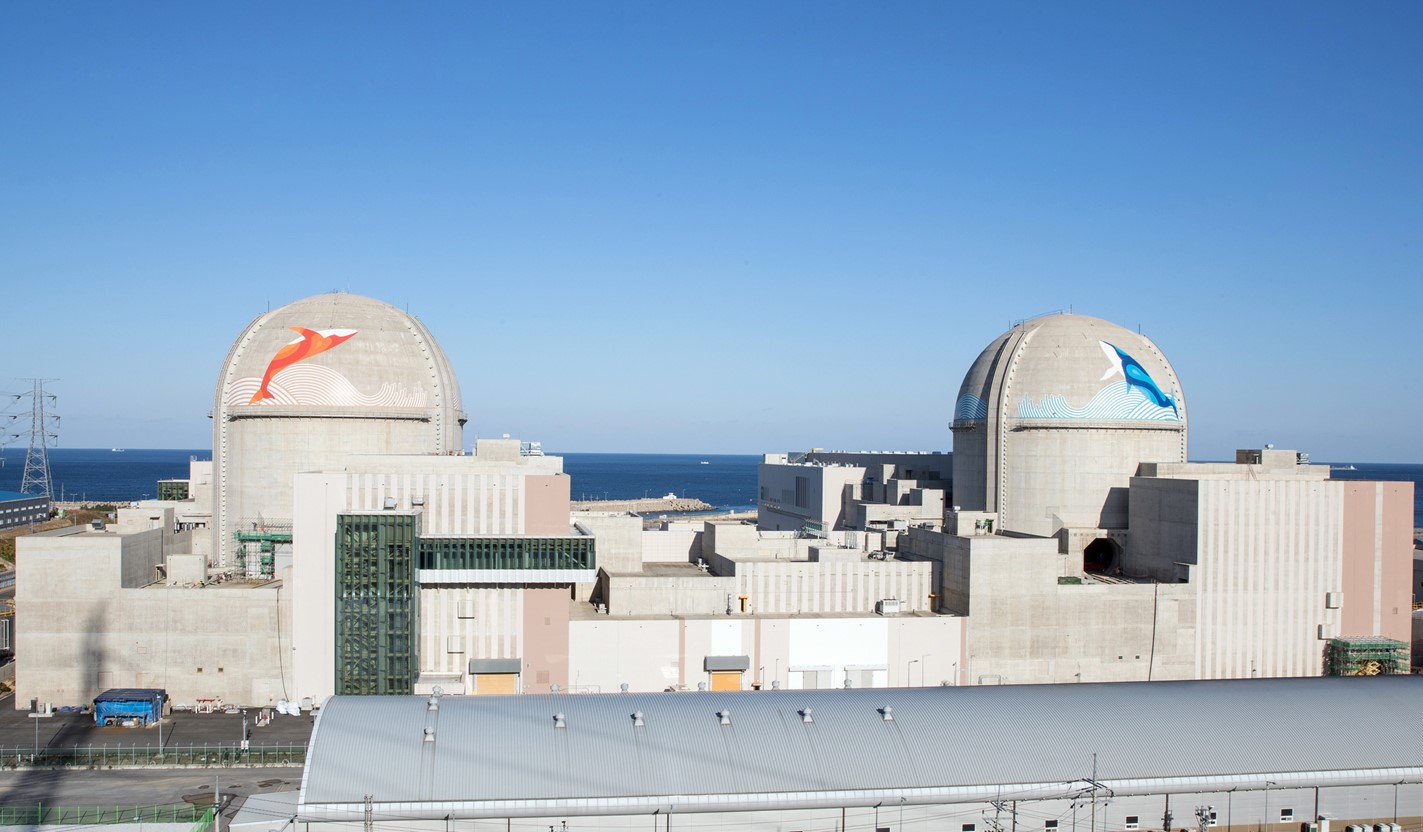For the first time in 16 years, South Korea has landed a major nuclear export deal—this time with the Czech Republic. The agreement, signed in early June 2025, marks a milestone for South Korea’s nuclear industry, which has been seeking to regain momentum in the global energy market.
A Deal Years in the Making
South Korea’s Ministry of Trade, Industry and Energy confirmed the deal involves constructing equipment for the Czech Republic’s Dukovany nuclear power plant. Korea Hydro & Nuclear Power (KHNP), the main operator behind South Korea’s domestic plants, will provide key components for the project. While it’s not a full reactor export like the one to the UAE in 2009, it’s a meaningful step in reasserting South Korea’s presence in the international nuclear supply chain.
Why This Matters
Nuclear exports aren’t just about energy—they’re about influence, long-term economic ties, and advanced engineering leadership. This deal positions South Korea as a reliable alternative to larger nuclear players like the U.S., France, and Russia. It’s especially important now, as many countries seek low-carbon energy solutions while reducing dependency on politically risky suppliers.
With the Czech Republic moving forward with nuclear expansion to replace aging coal plants, South Korea’s technology and track record became a strong selling point. KHNP’s recent safety improvements and modular design offerings likely helped win confidence from Prague.
A Turning Point for Korean Nuclear Industry
The last time South Korea secured a nuclear export deal was in 2009, when it signed a $20 billion agreement with the United Arab Emirates to build the Barakah nuclear power plant. Since then, political shifts, public scrutiny, and international competition have made it tough to stay in the game.
But this Czech deal could signal a turning point. South Korea’s nuclear ambitions were reinvigorated under the current administration, which sees nuclear energy as a core pillar of its carbon neutrality goals and international strategy.
What’s Next?
While the Czech deal is limited in scope, it paves the way for broader involvement in European energy projects. KHNP is reportedly also eyeing opportunities in Poland, Romania, and even Saudi Arabia.
With growing global interest in reliable, emission-free energy, South Korea is back in the race—and this time, it’s looking to go the distance.


